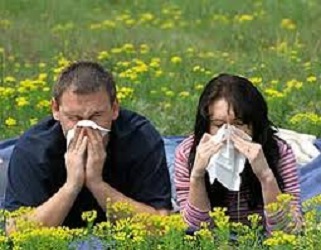
Well if you are over 50 your already know saturated fats are bad for your arteries and heart health. But they can also harm your concentration and memory. So, it is best to cut down on red meat, butter, and similar foods.
Don’t stop exercising Over 50. You may not be able to run as you did in the past, so take on some low impact activities like biking or walking. Regular exercise in middle ages can lower your odds of having memory and thinking problems when you are older by almost half. Aerobic exercise is important, but don’t forget to build your muscles, too. One study on regular strength training in seniors found that it caused genetic changes in cells. The result: Older folks’ muscles became more like those of people in their 20s.
Keep Learning. Instead of sticking with what is familiar and comfortable, tackle some new challenges. Learn an instrument or even a new language.
Cut Sodium. Is your blood pressure higher than it used to be? That’s not unusual. It tends to rise as we get older and are over 50. Since sodium can drive your readings up, cut down on salt in your diet. The worst sources are premade and packaged foods. Bread and rolls can also have a lot of salt.
Make Smarter Food Choices. As you get older, your metabolism slows down and you need fewer calories. So, make the ones you get count. Choose foods packed with the nutrients you need. Eat dark leafy greens and colorful fruits and vegetables. Increase low-fat dairy to get calcium for bones. Fortified foods — like cereals with vitamin B12 and milk with vitamin D — can help, too. Cut down on empty calories from sugary drinks and sweets.
We at On Call Medical Clinic can help when you have minor accidents or illnesses. We are here 7 days a week to help. Our onsite laboratory can help us quickly diagnose your illness and prescribe the right treatment to get you up feeling well soon. Please visit our website at www.oncallclinic.com to learn more about the services we offer.







